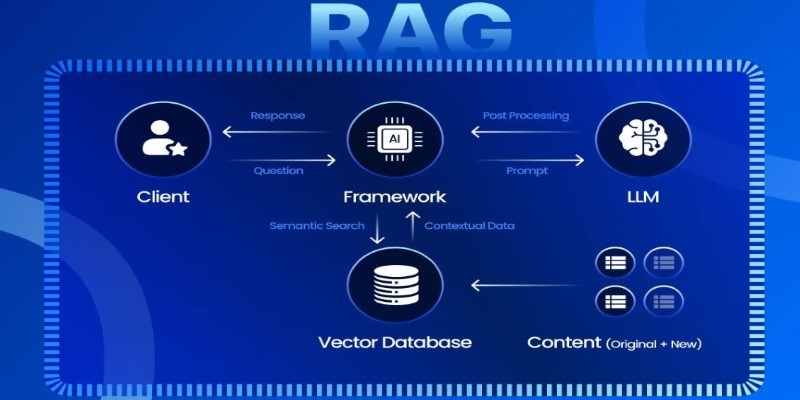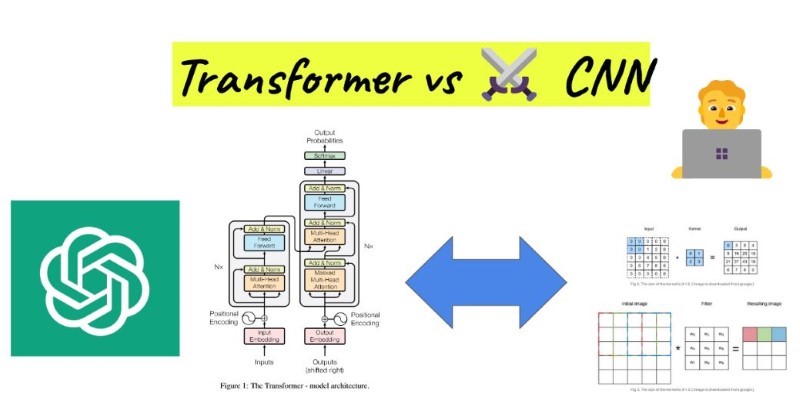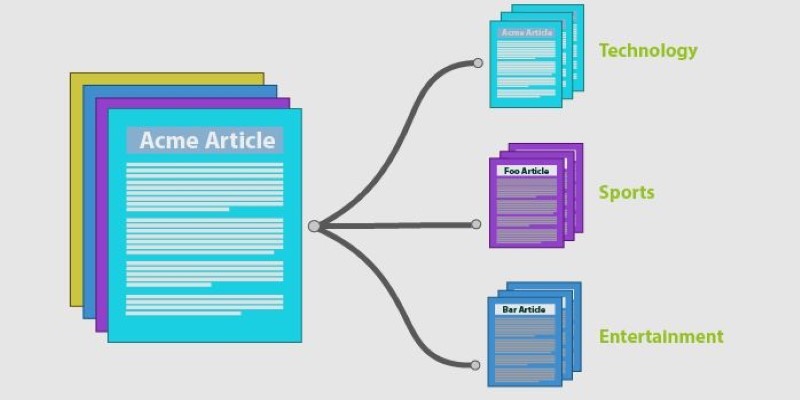Tableau has long been a favorite among data professionals, but it's not the only player in the game anymore. With the growing demand for flexible, cost-effective, and user-friendly tools, several new and established platforms have stepped up. Whether you're looking for something that's easier on the budget, offers a different approach to visual storytelling, or plays better with your tech stack, there's a strong lineup of tools ready to meet those needs.
Top 10 Tableau Alternatives to Explore in 2025
Microsoft Power BI
Power BI strikes a balance between functionality and accessibility. It plugs neatly into the Microsoft ecosystem, making it a practical choice for businesses already using Office 365. The interface is clean, and it’s easy to turn datasets into digestible visuals. Plus, with constant updates and support, it's always growing in features without feeling overwhelming.
Google Looker Studio (formerly Data Studio)
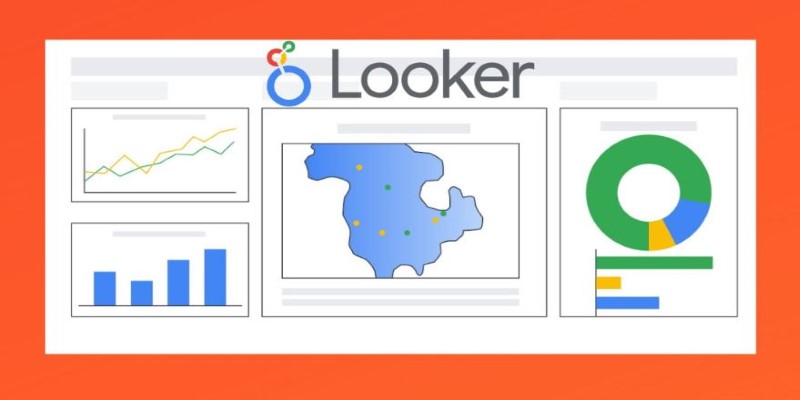
Google Looker Studio is a cloud-based tool that keeps things simple without stripping away usefulness. It's free, which is a big draw, especially for smaller teams. Since it integrates smoothly with other Google products, users can pull in Sheets, Ads, and Analytics data with minimal setup. The dashboard-building process is straightforward and collaborative, with sharing options that feel more like Google Docs than enterprise software.
Qlik Sense
Qlik Sense leans into the associative model, which lets users explore data without having to build complex SQL queries. It’s good at revealing relationships across data points, especially in larger datasets where other tools might stumble. While its interface isn’t the most beginner-friendly, it’s a strong contender for users who want more than just charts—they want insight that unfolds as they dig.
Metabase
Metabase is open-source and leans hard into simplicity. It’s built for teams who don’t want to wrestle with data just to get a basic dashboard running. The interface is question-based: you ask something like “How many orders did we get last week?” and Metabase figures out how to answer. It’s especially friendly for non-technical users, though developers can still go deep when needed.
Superset (by Apache)
Superset is another open-source option that has more depth than Metabase. It's a better fit for data-savvy teams that are comfortable with a bit of setup and configuration. Superset offers real-time data exploration, solid SQL support, and a growing list of visualizations. It may not be as polished as some commercial tools, but it packs a lot under the hood for something that's free to use.
Zoho Analytics
Zoho Analytics combines visual flair with ease of use. It's part of the broader Zoho suite, which makes it a smart choice for companies already using other Zoho tools. What sets it apart is its AI assistant, which allows users to ask questions in plain language. The response? Auto-generated reports and visuals that actually make sense. It's polished but not fussy.
Sisense
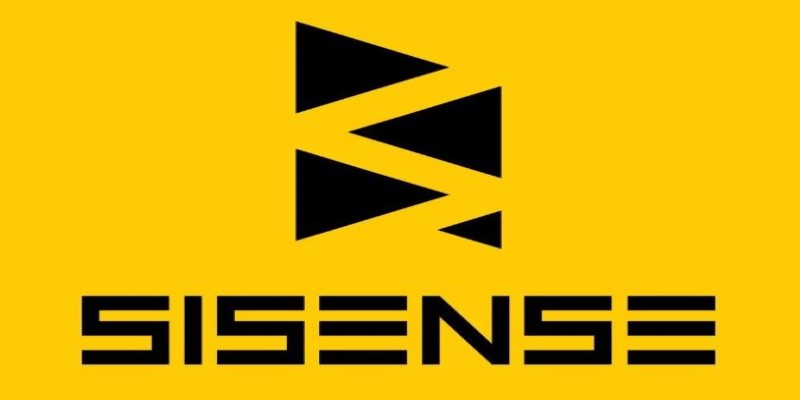
Sisense approaches analytics with a developer-first mindset. It's built to embed insights into apps and workflows rather than just creating standalone dashboards. This makes it ideal for product teams or tech-driven businesses that want analytics baked into the user experience. The customization options are vast, though you'll need technical skills to unlock its full potential.
Chartio
Chartio may have ended its run in 2021, but its spirit lives on in other lightweight, SQL-friendly tools. Its successor in spirit would be something like Holistics, which emphasizes code-based workflows and modeling. For teams that miss Chartio’s mix of simplicity and depth, Holistics is a natural pivot point.
Mode Analytics
Mode sits at the intersection of analytics and collaboration. It’s built with analysts in mind, offering strong SQL, Python, and R support in one place. The reports are clean and flexible, and everything is built for sharing—not just static dashboards but live, refreshable content that teams can work on together.
Redash
Redash is lean and efficient. It supports querying from a wide range of data sources, and you can whip up a dashboard quickly without wading through layers of configuration. It’s a good fit for tech teams that want to stay close to their data without being locked into a full-service BI suite. Its open-source nature makes it endlessly tweakable, too.
How to Use Metabase for Effective Business Reporting
Metabase is one of the easiest tools to pick up, even for those who don’t work with data every day. It's designed to help teams explore information quickly without getting tangled in complex setups or code. You can ask questions, build dashboards, and share insights—all without needing a SQL background, though advanced users still have room to go deeper.
Once your Metabase instance is up and connected to your database, the first step is to bring order to the workspace. Create collections for group reports and dashboards—think of them as folders. Whether you sort them by team, topic, or function, the goal is to keep everything easy to find. Give collections clear names, and agree on a labeling format early. This small effort keeps your reporting consistent and prevents confusion later on.
From there, start building your dashboards. Focus on questions that matter. Don’t just name a dashboard “Marketing,” go with “Weekly Ad Performance” or “Email Signup Conversion Rates.” Keep each dashboard focused, and limit the number of charts to only what’s necessary. Use Metabase’s simple visual query builder to drag and drop fields or, if needed, switch to SQL for more detailed queries. Once built, automate delivery—set up scheduled emails or Slack notifications so that reports reach the right people at the right time without anyone needing to go looking for them.
Conclusion
With so many strong Tableau alternatives in 2025, finding the right one comes down to understanding what your team needs. Some tools shine because they’re simple. Others stand out because they give more power to technical users. Whether it's the openness of Superset, the all-in-one experience of Power BI, or the ease of Metabase, there’s no shortage of solid options. Just make sure your choice fits how your team works—not just what looks good on a feature list.

